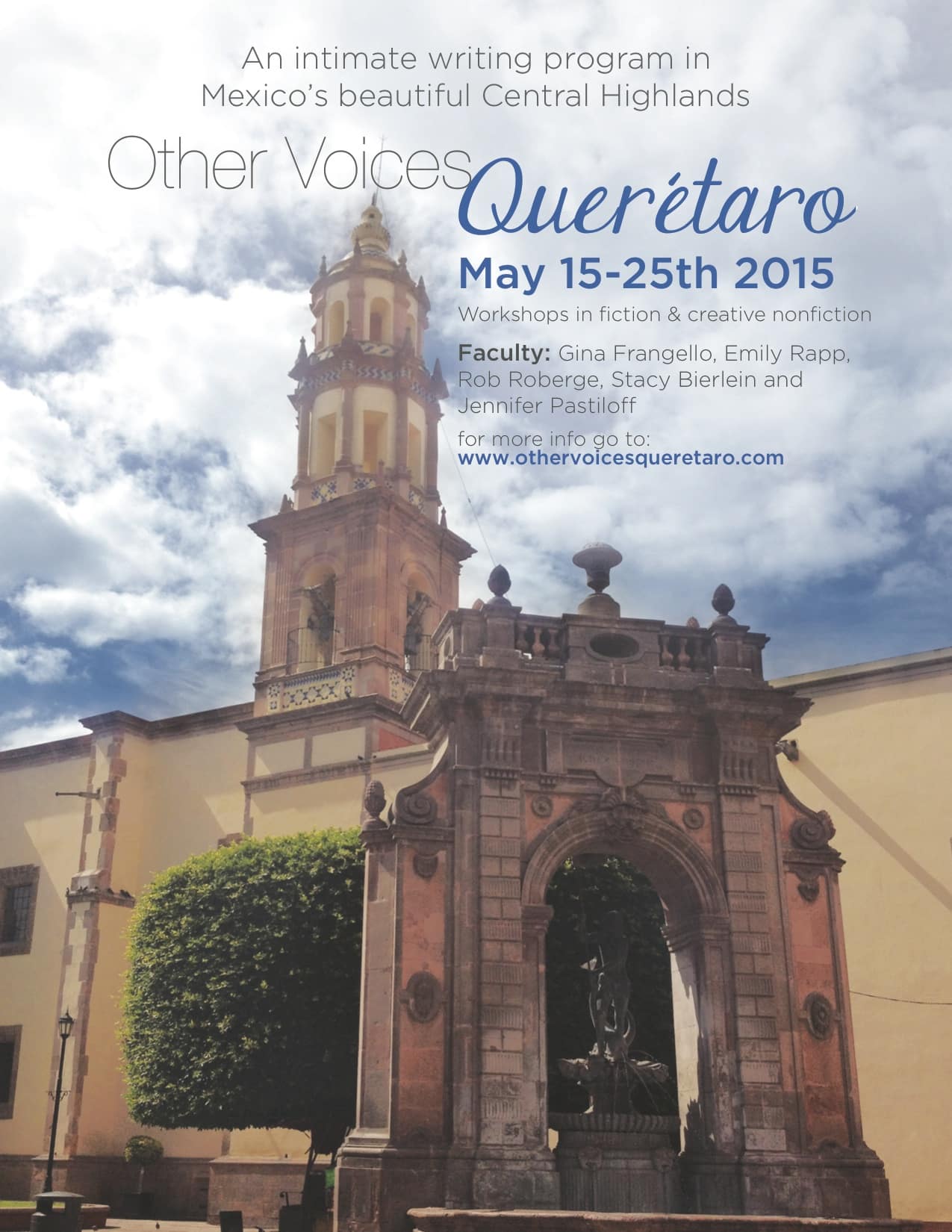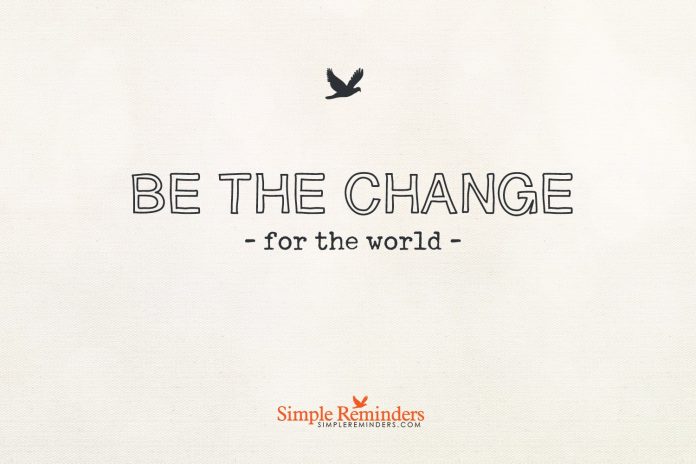In many ways, I was a lucky kid.
I grew up in a quaint, artsy community called Sea Cliff, which, as the name suggests, sits on a beautiful stretch of Long Island Sound, 40 minutes east of Manhattan. Contrary to the suburban stereotype –carbon-copy houses, strings of strip malls and Fedora-clad dads with apron-clad wives –Sea Cliff was filled with multi-colored gingerbread houses, pottery studios, patchouli soap makers and funky antique shops. In the late Sixties and early Seventies, my hometown was a haven for artists, musicians and hippies.
And Lord how I worshiped the hippies. I longed to be one of those groovy girls with bell bottoms and beaded choker necklaces. I could so easily imagine myself as a peacenik chick. It was all too cool–the Birkenstocks, purple Paisley shirts, acoustic guitars, and the music, oh God almighty the music! The Beatles, Dylan, Aretha, the Grateful Dead, and my goddess to this day, Joni Mitchell.
I was all set to roll up for the magical mystery tour. Woodstock, count me in, man. Give me some free love, freedom marches and feminist manifestos and I’ll be in freakin’ heaven.
But there was a little problem. I was little, as in little kid. Born in 1961, the heady, hippie era was passing me by. I was too young to wear a bra let alone burn one.
Still, I sensed in my soul that this was the shit (though I wouldn’t have put it in those words on the playground).
Of course, hippies weren’t the only tribe in town. There was a large contingent of traditional families, with dads who went off to work each morning and moms who stayed home and baked brownies for the PTA.
As a typical spawn of typical parents, I went to school, did a bit of homework (but not near as much as today’s overburdened Common Core kids) and then went outside until Mom rang the dinner bell (and yes, she really had one).
We didn’t post or tweet or Skype or Instagram. Lacking social media, my friends and I actually socialized. We played hopscotch and tag and spin the bottle, and we stole a Marlboro from our parents, passing it from friend to friend and getting dizzy and nauseous. We didn’t huddle together, standing side by side but texting instead of talking.
We listened to records, soaking in Bridge Over Troubled Water, Sgt. Pepper and Sticky Fingers. We watched Mary Tyler Moore and Carol Burnett on our boxy faux-wood consoles, choosing among the shows on a total of seven channels. And when The Wizard of Oz or The Sound of Music made their yearly appearances, it was cause for celebration.
Idyllic? No such thing. Just like today, many families had dark secrets. Child abuse. Domestic violence. Alcoholism. It was all there, but no one talked about it.
In my house, with six siblings spanning 17 years (I’m the youngest), there was a lot of talking, especially at the nightly dinner table, where the menu featured such delicacies as tuna casserole with Campbell’s mushroom soup mix.
The conversations were pretty much a one-sided bitch fest.
Daddy had lots of opinions, and he reveled in sharing them, loudly.
He railed against the “bleeding-heart liberals” who were ruining the country.
He called Vietnam War protestors traitors.
He told me and my sisters that if we ever walked in the house with a colored boyfriend (truth: he used the “N” word, but it hurts too much to admit it), we could pack our bags and never come back. Apparently, Daddy hadn’t gotten the message that we heard in church every Sunday—that we were all God’s children, and God was colorblind.
My older siblings fought the good fight, but there was no reasoning with Daddy.
I stayed silent (no finger-pointing, please–I was only six), but I took it all in.
Pretty much everything my father said– –about war, patriotism, race relations, religion, music, you name it–made no sense to me, and all of his crazy-ass, racist conservatism led to a perfect, ironic outcome. My father–a man who, I feel compelled to add, had a loving heart underneath the hateful shit he had learned from his parents–raised six very liberal kids. Instant Karma, baby.
Thanks to Daddy, my heart’s desire was to become a bleeding-heart liberal hippie war protestor who married a Black Panther.
Sadly, I never got the chance to protest against the Vietnam War, or march for Civil Rights, or go to San Francisco and wear some flowers in my hair.
Despite my falling within the “Baby Boomer” demographic—those of us born between 1946 and ‘64—I was a child—an actual child—of the Sixties, too late to take part in the revolution.
The Vietnam War was over. The Civil Rights Act had passed. Women had won at least some of the rights they were fighting for. The passionate activism of the Sixties had fizzled out, and “We Shall Overcome” gave way to “Disco Inferno.”
By the time I reached my teens, I had found my voice. I no longer remained silent when my father spouted some racist or sexist nonsense. He was older, less patient than ever, and feeling massively shitty from years of excessive smoking and drinking.
He could be pretty nasty.
Like any teenager worth her weight (and I tipped the scale at a hefty 180), I’d run to my room, thinking, “I fucking hate him, I wish he was dead!”
My hatred and his diatribes came to an abrupt end when Daddy succumbed to his second heart attack. He was sitting in our living room, cigarette in hand, in the corner chair, his chair, the chair with the faint, greasy Brylcreem stain, the chair seeped with the smells of smoke and Scotch.
I was 15 years old; I had wished him dead and one day my wish came true.
My mom and I didn’t talk about Daddy’s death. We pretended like nothing had changed. It’s just what we did in our house.
I numbed out, through food, TV, pot. I watched a lot of TV. I sometimes went to school.
Damn it, there was nothing to fight for anymore, and I wanted to fight for something, to feel something mattered. I wanted to march—but against what, or for what, I didn’t know. I was a rebel without a cause. I was a hippie wannabe without a war. What to do?
The answer came in 1979, during my senior year of high school, when a nuclear power plant nearly took out Pennsylvania. Images of nuclear catastrophe haunted me. After all, Pennsylvania wasn’t all that far away.
Before Three Mile Island, I had no clue that nukes were heading my way. The Long Island Lighting Company, aka Lilco, was already well into the process of constructing a nuclear power plant in a seaside Long Island town called Shoreham. Maybe 25 miles or so from my hometown.
I wasn’t only frightened–I was furious. How dare they build this beast on an island that, on a good day, had traffic that made the L.A. commute look easy. Escape plan? Evacuation route? Give me a fucking break.
I’d found my cause.
On June 3, 1979, I boarded a bus headed east to join more than 15,000 protesters in the largest demonstration in Long Island history.
The weather totally sucked. The rain was unrelenting, pounding down on the bus roof like rapid gunfire. But the torrential downpour didn’t dampen the mood of the fired-up crowd, which spanned the gamut from babies to octogenarians, from seasoned protesters to many others, like me, who were protest virgins. A true national treasure, Pete Seeger, led us in songs of protest and empowerment. Signs with slogans like “We all live in Harrisburg” and “People Before Profits! No Nukes!” were everywhere.
I was in heaven.
I’d never felt so connected to a group of human beings in my life. For the first time, I experienced the power that is generated when committed, passionate people join their voices in protest.
It took 10 years, but in the end, we won. The plant was dead in the water. Power to the people, right on.
Since the Shoreham demonstration, I’ve been part of many protests…against environmental degradation of all kinds; against Wall Street criminals and the 1 percent who are cutting food stamps and refusing to raise the minimum wage to a living wage; and sadly, perhaps inevitably, against war.
Does it do any good? After all, despite our concerted efforts, we didn’t prevent the wars in Afghanistan and Iraq. Greedy corporations and politicians deny the undeniable science of climate change. Young black men might as well wear targets on their backs. Women’s reproductive rights are still in jeopardy.
Disguised as patriots, racists are stoking the fires of hate, railing against so-called “illegals” whose only crime is their desire to escape poverty and take part in an American Dream that is increasingly out of the grasp of most Americans.
It can feel so fucking hopeless. But hopelessness gets us nowhere. I’m no longer the little girl who silently sits at the dinner table, and I’m not giving up my voice.
I’m beyond exhausted these days. My therapist calls it the perfect storm: menopause, depression, financial woes, kidney stones, a teenager daughter who hates me about 75% of the time, just like she’s supposed to do. Add on the “what the fuck do I want to do when I grow up” (I just turned 53) factor and some days life just totally sucks.
I no longer have the energy that fueled my younger days as a newbie protestor. It’s tempting to just say, fuck it, it’s no use. What will it accomplish? Does my voice matter?
There’s so much shit still out there, and so much to fight for: clean energy, marriage equality, reproductive rights, economic justice, gun laws–the list goes on and on. God, it’s so tiring, and I’d rather have a glass of wine and watch a movie.
And I do, often.
But I also still believe in my bleeding liberal heart that, hopeless as it may seem, it’s not passé to believe you can make a difference. So I still protest, sign petitions, vote, write op-eds–whatever I can do to make my voice heard.
If that makes me an old hippie, as my husband likes to call me, then I’m totally fine with that. Sorry Daddy, but I take it as the ultimate compliment.
***

Jennifer Pastiloff is part of the faculty in 2015 at Other Voices Querétaro in Mexico with Gina Frangello, Emily Rapp, Stacy Berlein, and Rob Roberge. Please email Gina Frangello to be accepted at ovbooks@gmail.com. Click poster for info or to book. Space is very limited.
